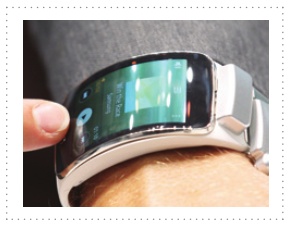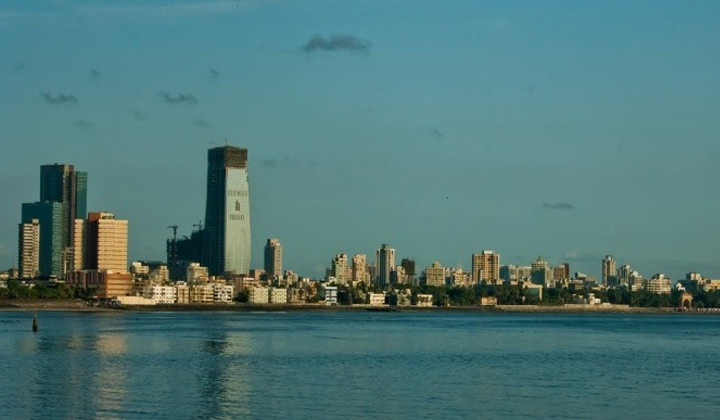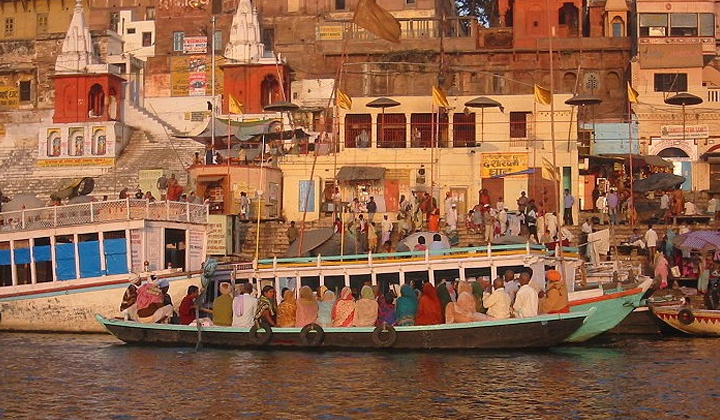Trending Now
- “If Edappadi Palaniswami permits, a thousand young members from the Virudhunagar district AIADMK are prepared to take up arms and engage in battle under my command.” – Former AIADMK Minister Rajendra Balaji
- “India is ready to deal with any counter-attack by Pakistan” – Wing Commander Vyomika Singh
- Central govt orders extension of CBI Director Praveen Sood’s tenure for another year
Real Estate
How smart cities will change the way we live
![]() January 10, 2016
January 10, 2016
Smart city is a term we have been hearing quite often in recent times. The term essentially refers to being technologically advanced and efficient enough to deal with the basic problems of the cities, such as parking woes, electricity and water supply, sewage disposal, pollution control, traffic management and a lot more in a smooth manner.
Municipalika 2015, a smart city convention held at Jaipur from December 9-11, saw technology experts and municipal commissioners from all across the country and abroad come together to optimise usage of technology in order to realise the smart city vision. According to Subrata Das, industry director, public services and country lead, internet of things, SAP India, the technology trends that drive digital growth and transformation are hyper connectivity, supercomputing, cloud computing, smart health and cyber security.
In a country where smartphone users are around 140 million and tablet users are about 2 million, data is up for grabs for anyone who wants to use them.
“Government authorities should focus their attention on mobile phones. It can become a key device in enabling smart governance as in India people have more mobile phones than they have toilets,” said Dr Niraj Prakash, director, applications sales consulting, Oracle India. The time has come to move beyond e-governance, to the next level which is of smart governance. A government’s main resource is the information technology system but for a smart government, the key resource is data. Such information and data, which was earlier inaccessible to government authorities, is readily available for their perusal today.
Events such as Municipalika and other smart cities conferences provide an active platform for the smart city technology stakeholders to meet and find their way within the government authorities. Although government officials seem more than ready to take this initiative forward, it is imperative that the whole system remains transparent and delays at the decision-making levels be addressed since such issues can seriously hamper the vision of smart cities in India.
Preeti Sharma,
























